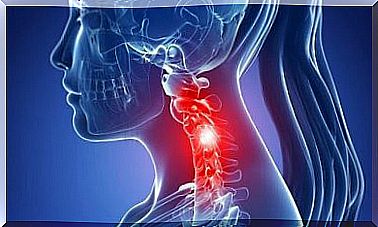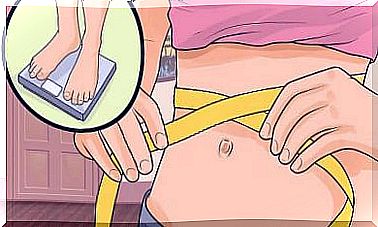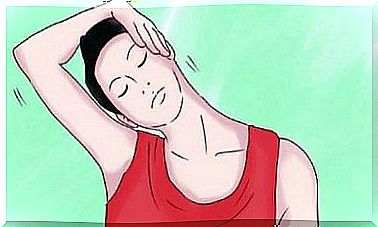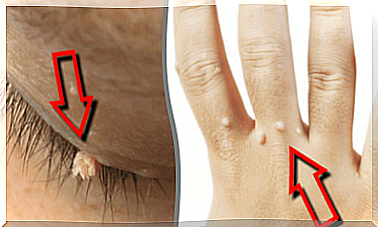Why Do You Have Tingling Hands And Feet?
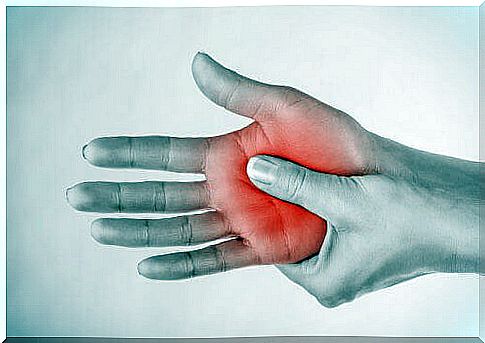
It is likely that you have experienced tingling hands and feet several times . This will mainly happen after you have sat with your legs crossed for too long, for example. This is a common occurrence and rarely a sign of a serious condition.
However, if you regularly suffer from tingling hands and feet, you should pay attention to it. It is not normal to experience this feeling all the time. If this is the case, you should write down your symptoms and see your doctor.
Here are the most common reasons this could happen.
Tingling hands and feet due to a pinched nerve in the neck or back
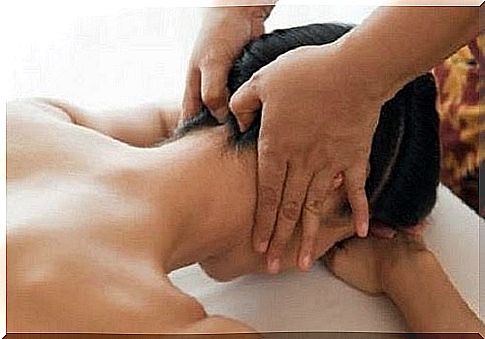
Bad sleeping position or a sports injury can pinch a nerve in your neck or back. While not a serious problem, it can lead to tingling in your hands and feet.
You might feel like you’ve been sleeping on the wrong shoulder or have pain in certain positions. It is important to address this problem quickly, as it can lead to a more serious condition, such as arthritis.
While there are medications that can help you manage the pain, it’s best to work with a physical therapist. This is to relax the area and to get the nerve back in place. This is of course less stressful for the liver.
It is important to remember that you should never try to solve the problem yourself through massage or exercises. You could cause more serious damage due to your lack of knowledge.
Deficiency of vitamin B12
Do you feel tingling in both hands and feet? Vitamin B12 deficiency may be the problem. Anemia is caused by an inability to produce (enough) red blood cells, in which vitamin B12 plays a role.
If this is your problem, then you will also experience:
- Fatigue;
- Dizziness when you exercise or stand up;
- Pale skin;
- Reduced ability to concentrate;
- Difficulty breathing;
- Depression.
Take a look at your diet and start making some necessary changes. The first thing you can do is eat more foods that are rich in vitamin B12, such as:
- Poultry;
- beef;
- seafood;
- Yogurt;
- Eggs;
- Dairy products;
- Lamb;
- Liver;
- Tuna;
- Trout.
This deficiency is common in people who follow an extreme vegetarian or vegan lifestyle.
Could this be you? Have you changed your diet drastically and now feel tingling in your hands and feet? In that case, it is best to add the following to your diet:
- Cereals;
- tofu;
- Soy and soy products;
- Milk in powder form.
Carpal tunnel syndrome

Do you spend a lot of time sending messages on your smartphone or do you type a lot on the computer? The repetitive movements and vibrations can cause the nerves of your wrist to become compressed.
This can cause carpal tunnel syndrome and tingling in the hands. You can do the following against this:
- Rest your hands. Take a short break every half hour to an hour. During this time, change the position of your hands. Turn them and open and close the palms.
- If possible, take the opportunity to do some stretching exercises with your shoulders. This way you can let the whole body relax a bit.
- Make sure you maintain the correct posture. If you work at a desk, make sure your hands are in the right position. You can achieve this by choosing a desk that is not too high or too low and the right office chair.
Diabetes
If you suffer from diabetes, pre-diabetes or a decreased sensitivity to insulin, it is important that you pay attention to high blood sugar.
This is because blood sugar is bad for the nerves and can cause tingling in the hands and feet. This toxicity, if left untreated, leads to diabetic neuropathy and the continued rise in blood sugar.
If you have diabetes, we recommend the following:
- Have your ALC (glycated hemoglobin) tested periodically to get an indication of your true blood sugar level for the past three months.
- Keep a close eye on your diet to avoid spikes in blood sugar.
- Stick to a healthy and balanced diet.
- Exercise regularly to maintain good muscle function. This doesn’t have to be too intensive; a short walk is often enough.
Hypothyroidism
A thyroid gland that is not working properly can lead to tingling (including tingling hands and feet), fatigue, sensitivity to cold, weight gain, dry skin and hair loss.
Have you noticed any of these symptoms during the past few months? If so, you should make an appointment with your doctor as soon as possible. If it really is hypothyroidism, the problem will only get worse if you don’t get the right treatment.
Your doctor will do a blood test to check the status of your thyroid. We recommend that you carefully follow the treatment prescribed by your GP to avoid any future complications.
Multiple sclerosis
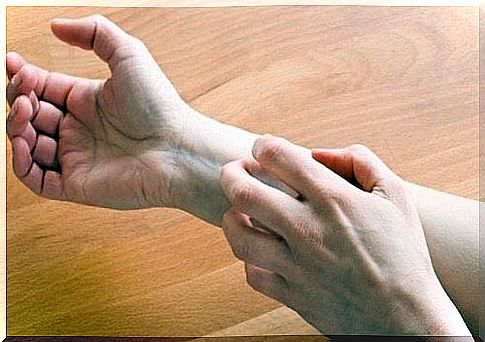
Multiple sclerosis is more common in women than in men, between the ages of 20 and 40. It is a disease whose cause is not yet known. The most common symptoms besides tingling hands and feet are:
- balance problems;
- insensitivity;
- Problems moving your arms and legs;
- see double;
- Itch;
- Reduce your ability to concentrate.
If the tingling in your hands and feet is associated with multiple sclerosis, you should work with your doctor to find a solution. This is because there are several organs that are affected by this condition.
You can’t just fix one symptom without including the rest in your treatment.
Now that you know the most common causes of tingling hands and feet , it’s time to see if your problem is something that is only temporary or if your body is telling you that something is wrong with your health.

